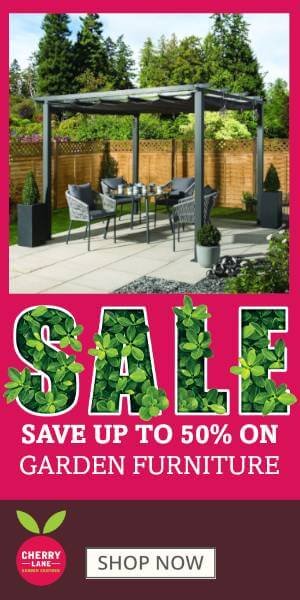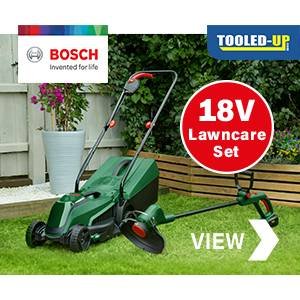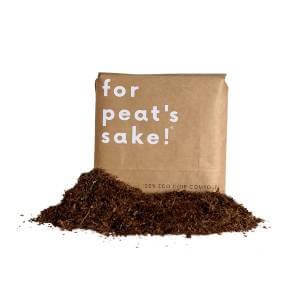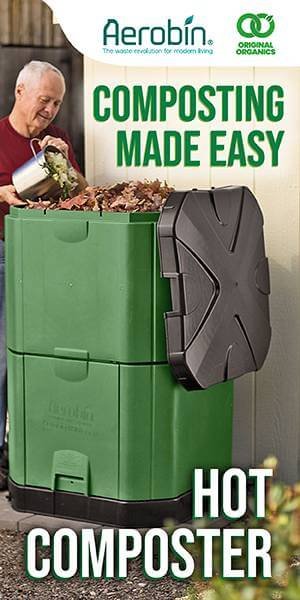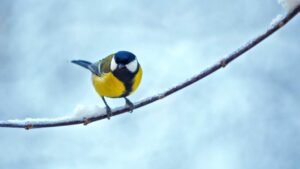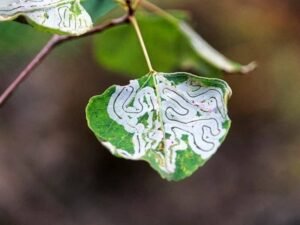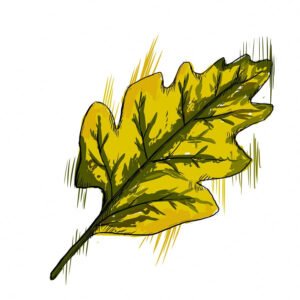Whiteflies can wreak havoc on your garden, causing damage to plants and hindering their growth. Identifying and controlling whiteflies early is crucial to maintaining a healthy garden. In this article, we will delve into the world of whiteflies, learn how to identify infestations, and explore effective methods for getting rid of these pesky insects.
Understanding Whiteflies
Whiteflies are tiny, sap-sucking insects with white wings that resemble tiny moths. They often cluster on the undersides of leaves, where they lay their eggs.
These pests can rapidly reproduce and cause significant damage to plants if left unchecked.
Identifying Whitefly Infestations
Spotting whitefly infestations can be challenging due to their small size, but there are tell-tale signs to look out for. Check the undersides of leaves for tiny white eggs, which indicate the presence of whiteflies.
Additionally, observe the sticky residue left by whiteflies known as honeydew. Another clue is the presence of ants on plant foliage, as they are attracted to the honeydew produced by whiteflies.
Causes of Whitefly Infestations
Various factors contribute to whitefly infestations. Certain plant species, such as tomatoes, peppers, and poinsettias, are particularly targeted. Environmental conditions, including warm and dry weather, also favour whitefly populations.
Overusing nitrogen-rich soil or excessive use of fertilizers can attract whiteflies. Furthermore, the use of pesticides can harm natural predators, allowing whitefly populations to multiply.
Assessing Whitefly Damage
Whiteflies harm plants by piercing the foliage and extracting sap, which weakens the plants and prevents them from absorbing sufficient nutrients.
These pests not only cause direct damage but can also lead to indirect damage. Whiteflies secrete honeydew, which can become a breeding ground for fungal diseases.
Additionally, the excessive feeding by whiteflies can attract other pests, further compromising plant health.
Getting Rid of Whiteflies
There are several effective methods to control whitefly infestations.
- Use a strong spray of water to dislodge whiteflies from the plant’s foliage.
- Deploying yellow sticky traps, which attract and capture the adult whiteflies.
Natural control methods
- Introduce or encourage beneficial insects into your garden, such as ladybirds and lacewings, which prey on whiteflies.
- Organic insecticidal soaps and oils such as Neem oil are also effective in combating whiteflies. They suffocate the pests without posing significant risks to other beneficial insects.
For those who prefer homemade remedies, creating a garden spray using essential oils or a garlic and soap solution can be a cost-effective and environmentally friendly approach.
However, caution must be exercised when using chemical control methods such as pyrethrin-based insecticides.
Follow the instructions carefully and consider their impact on beneficial insects.
Preventing Whitefly Infestations
Prevention is key to avoiding whitefly infestations. Inspect plants before purchase, ensuring they are free of whiteflies and other pests. Quarantine new plants for a few weeks to observe if any infestation appears.
Proper plant care is essential in preventing whiteflies. Avoid over-fertilisation and maintain appropriate watering techniques. By promoting biodiversity in your garden, you can attract natural predators such as ladybirds, lacewings, and parasitic wasps that help keep whitefly populations in check.
Consider using reflective mulch around plants, which repels whiteflies by reflecting light and making it less attractive for them to settle.
Frequently Asked Questions about Whiteflies
Yes, whiteflies can infest indoor plants as well. Take similar preventive measures and utilize the control methods mentioned in this article to keep your indoor plants whitefly-free.
Whiteflies do not pose direct health risks to humans. However, they can be a nuisance, especially if plants are situated near living areas. Additionally, the honeydew they produce can attract other pests or cause sooty mould.
Whiteflies are tiny, winged insects that are usually pale green in color. They have black legs and antennae and can be seen resting on the undersides of leaves or clustering together on branches.
Whiteflies can infest a wide range of plants, including houseplants and outdoor trees and shrubs.
Whiteflies can be removed from plants by hand. You can also use a vacuum cleaner to suck them off leaves, but this may cause damage to the leaves.
Identifying and controlling whiteflies is essential for the well-being of your garden. By recognizing the signs of infestation and implementing appropriate control methods, you can protect your plants from the damage caused by these pests.
Remember, early intervention and preventive measures are key to maintaining a healthy and thriving garden.
Note: This article is for informational purposes only and does not constitute professional advice. Always consult with a gardening expert or pest control professional for specific guidance on your garden’s needs.




